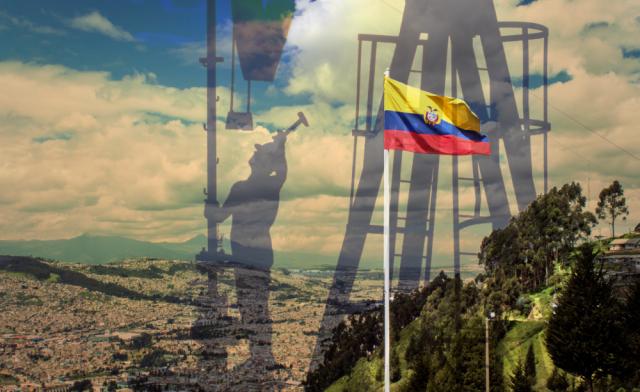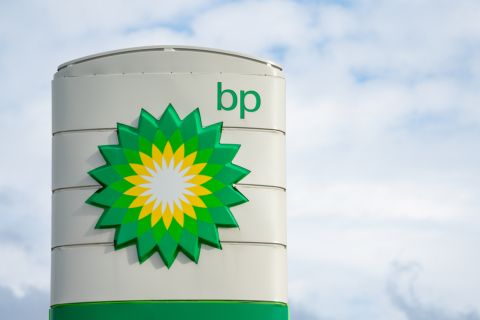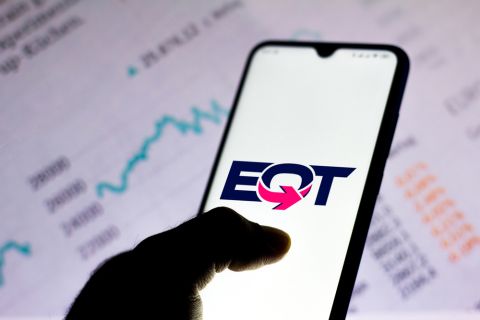
Approximately 781 wells operated by Petroecuador and private entities have been shut in while 31 production towers have halted operations. (Source: Hart Energy, Shutterstock.com)
Ecuador’s hydrocarbon sector is reeling from the impacts of social unrest sparked by rising food and fuel prices.
A drastic decline in oil production and rent has spurred the government to declare force majeure across the entire hydrocarbon value chain to avoid further financial damage due to possible lawsuits. The unrest has significantly impacted state-owned EP Petroecuador, the country’s main oil and gas producer.
Petroecuador’s transport and export activities is a reoccurring headwind for President Guillermo Lasso in his push to attract foreign direct investment to the South American country’s struggling energy sector to rehabilitate refineries and engage in activities to boost oil and gas production.
Oil production from June 13-22 was down nearly 40% at Petroecuador’s oil fields in the provinces of Orellana and Sucumbíos, equivalent to accumulated losses of 451,914 bbl (154,950 bbl/d), the company said June 23 in a press statement. Ecuador’s production was on track to average nearly 500,000 bbl/d in the second quarter, according to details published in May by OPEC.
Approximately 781 wells operated by Petroecuador and private entities have been shut in while 31 production towers have halted operations. To date, the direct economic damage to the country is estimated at around $45 million considering a WTI price of $100/bbl, Petroecuador said. The amount doesn’t consider damage to hydrocarbon infrastructure or related to theft or equipment sabotage by groups occupying fields across the country, the company added.
Oil shipments along Ecuador’s Trans-Ecuadorian Oil Pipeline System have also come to a halt, according to Petroecuador, which didn’t mention operations at the Heavy Crude Oil Pipeline. Neither Petroecuador nor the country’s oil ministry responded to emails from Hart Energy to confirm the actual status of the country’s two key pipelines.
Ecuador, a former OPEC member, remains a significant oil producer and exporter with oil rents accounting for around 7% of the country’s gross domestic product, according to the most recent data published by The World Bank on its website. However, due to lackluster refining capacity, the country is forced to turn to derivative imports from diesel oil to naphtha to cover domestic demand.
International companies, including Equino ASA, Marathon Petroleum Supply LLC, Shell Western Supply and Trading Ltd., Trafigura Pte Ltd. and Phillips 66 Co., are active participants in tenders to export Ecuador’s Napo and Oriente crude grades.
The force majeure declaration comes on top of a state of emergency declared last week by Lasso for the central and northern Ecuadorian provinces of Imbabura, Cotopaxi and Pichincha linked to rising social unrest and violence associated with a national strike has seen citizens once again taking to the streets to protest for better living conditions.
Recommended Reading
SLB’s ChampionX Acquisition Key to Production Recovery Market
2024-04-19 - During a quarterly earnings call, SLB CEO Olivier Le Peuch highlighted the production recovery market as a key part of the company’s growth strategy.
PHX Minerals’ Borrowing Base Reaffirmed
2024-04-19 - PHX Minerals said the company’s credit facility was extended through Sept. 1, 2028.
BP Restructures, Reduces Executive Team to 10
2024-04-18 - BP said the organizational changes will reduce duplication and reporting line complexity.
Matador Resources Announces Quarterly Cash Dividend
2024-04-18 - Matador Resources’ dividend is payable on June 7 to shareholders of record by May 17.
EQT Declares Quarterly Dividend
2024-04-18 - EQT Corp.’s dividend is payable June 1 to shareholders of record by May 8.






